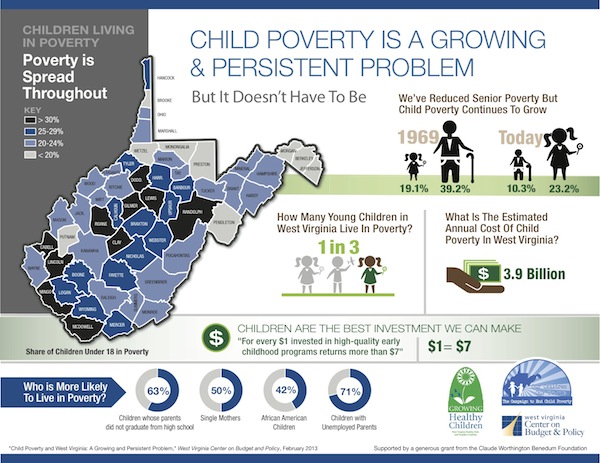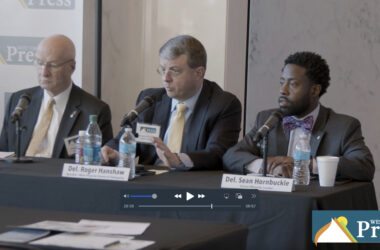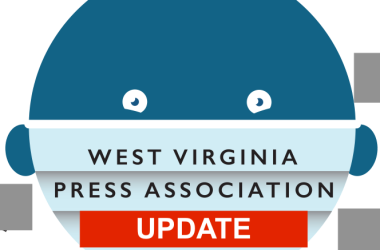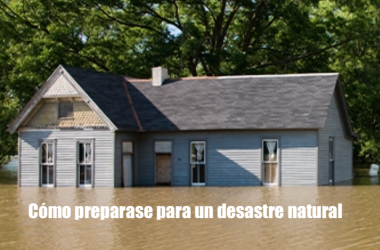Editor’s Note: The following article is part of the West Virginia Press Association’s series on the “Our Children, Our Future” Coalition. Journalist George Hohmann is following the coalition’s efforts, providing reports from its organizational meetings through its attempts to have impactful legislation passed during the 2014 session of the West Virginia Legislative Session.
WVPA ANALYSIS
CHARLESTON — The 229 activists who attended the “Our Children, Our Future” workshops in Beckley and Bridgeport in late August were taking the first steps in what they hope will be a statewide movement to battle child poverty in West Virginia; however, they have big challenges ahead.
Organizers of this grassroots movement want state legislative approval next session for policies targeting what they see as the issues creating child poverty in West Virginia. They cast a remarkably wide net to garner initial support. The West Virginia Coalition for Healthy Kids and Families and the West Virginia Center on Budget and Policy sponsored the workshops under the “Our Children, Our Future” banner. The Beckley workshop had 35 co-sponsors; the Bridgeport workshop had 40.
“It was realized about a year ago that, working in isolation, we are failing our kids. We need a statewide voice of and for families. We don’t have the power to do any of the things we want to do unless we work together.”
Stephen Smith
Executive director
West Virginia Healthy Kids and Families Coalition
People had many reasons for attending the workshops. Stephen Smith, executive director of the West Virginia Healthy Kids and Families Coalition, said, “Some of you are here for one issue. Others are here to gain skills and might have a couple of things you hope to change. Some of you are here for free food. And some of you are here to build something bigger.”
The workshops examined 13 issues ranging from substance abuse policies to how to get an earned income tax credit enacted in West Virginia. Several more issues may bubble up before the next formal event: A day-long symposium in Charleston on Sept. 24, followed with presentations to the Senate Select Committee on Children and Poverty on Sept. 25.
Activists who want to keep their issue on the table have been given a robust list of things they must do. They’ve been asked to:
- Identify a state lawmaker who will champion their issue;
- Recruit unlikely allies;
- Sign up a co-chair, to ensure that the issue has more than one advocate willing to be a leader; and
- Recruit individuals and families who are affected by the issue and who are willing to publicly talk about it.
Many of the workshop attendees were advocates of various causes, social workers, or employees of organizations involved in health or welfare issues. Smith said he expects individuals and families affected by state policies to take a more prominent role beginning with the September symposium.
Another advocate, speaking at the Beckley workshop about the need for raising the state minimum wage, said it is one thing for an advocate to extoll the virtues of a higher minimum wage but it is more powerful when an impacted family explains what a minimum wage increase would mean to them. The speaker said it also would be powerful if a business owner explained what an increase would do for their employees.

Assuming advocates get their to-do lists done and make presentations at the September symposium, the next hurdle will come when participants meet on Dec. 13. That is when they will vote on the 18 or so policies that have been explored, selecting four or five of the policies to pursue in the 2014 session of the Legislature.
Will the movement achieve enough commitment that participants will remain active if their issue didn’t make the cut? What about participants whose issue makes the cut, but whose ideas for policy change did not prevail?
And then there’s the challenge of getting the Legislature to act when it convenes early next year. As Stephen Smith pointed out at the Bridgeport workshop, “When we go into policy change, we’re essentially picking fights because we know there are people on the other side.”
When advocates of the status quo come out of the woodwork and rally their forces, will the agents for change have the stamina, persuasive power, political allies and money needed to win?
Smith has noted that if they do win, the fight won’t be over. “Winning legislative change is not the same as getting change implemented,” he said. “Getting it implemented is a whole other fight.”
Legislators and opponents can monitor the “Our Children, Our Future” movement during the next three months, watching to see if the individual supporters’ commitment to the overall movement is strong enough to withstand the challenges it faces before the 2014 session of the West Virginia Legislature.
Speaking about “Our Children, Our Future,” Smith said standing together is the only real hope for success.
“It was realized about a year ago that, working in isolation, we are failing our kids,” Smith said. “We need a statewide voice of and for families. We don’t have the power to do any of the things we want to do unless we work together.”
Link to full size graphic: 8-30-13 Kids Health Graphic – Child Poverty Infographic








